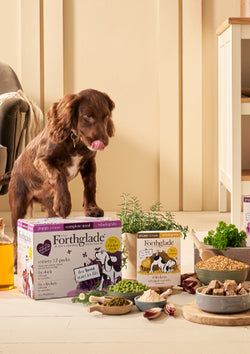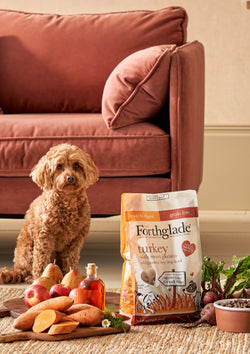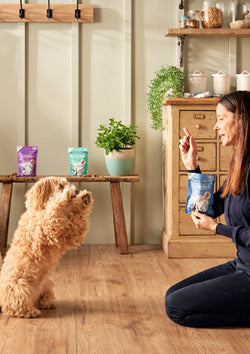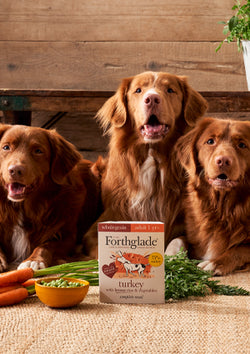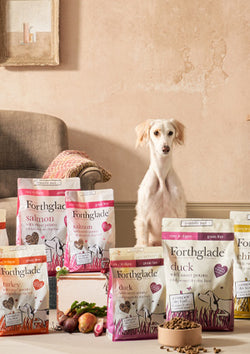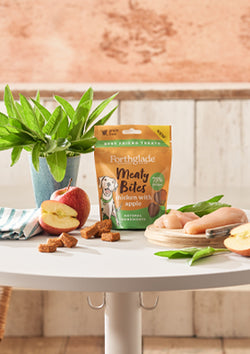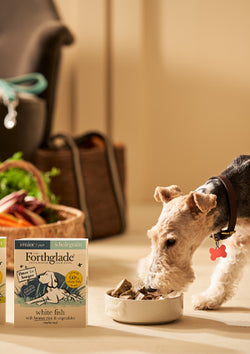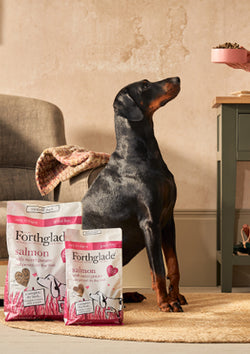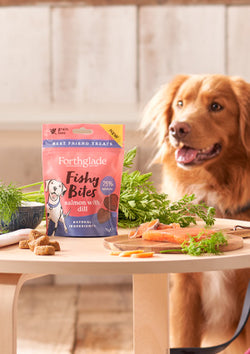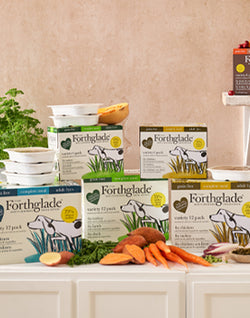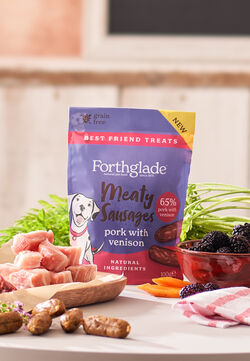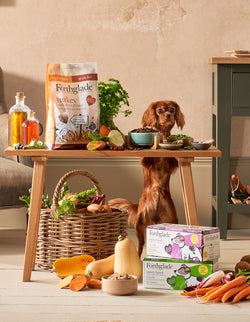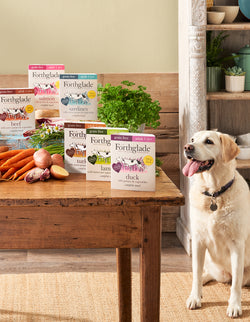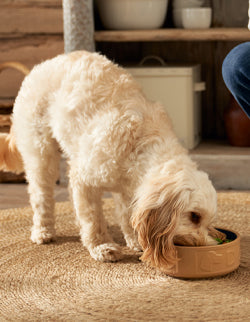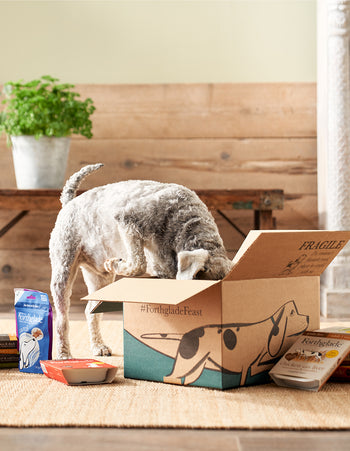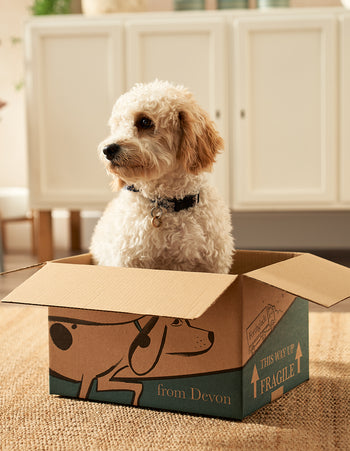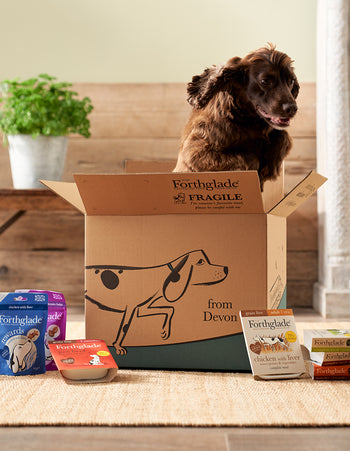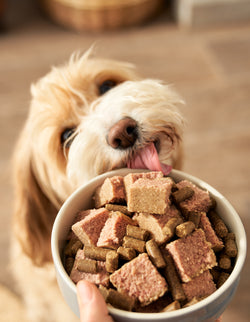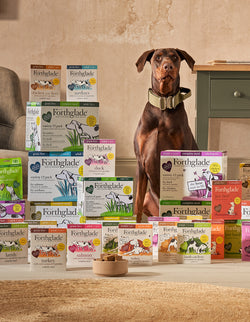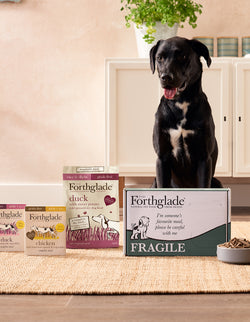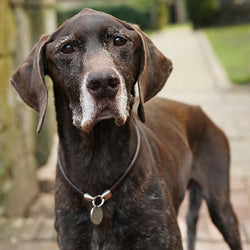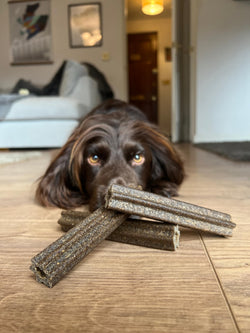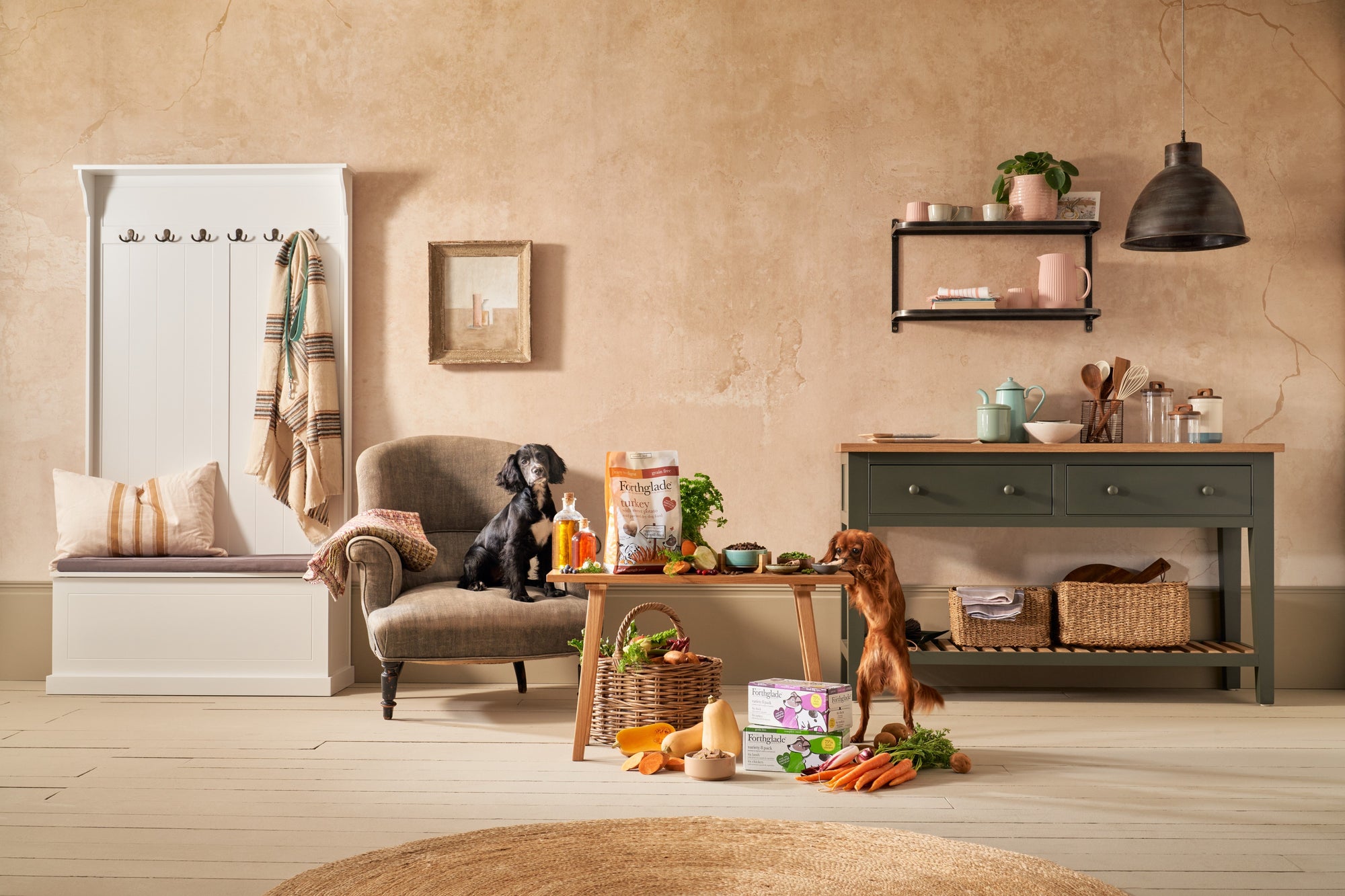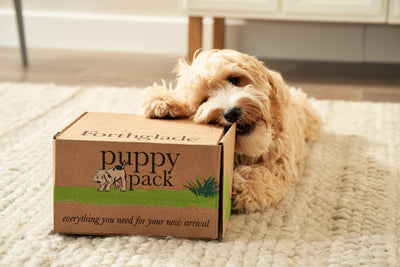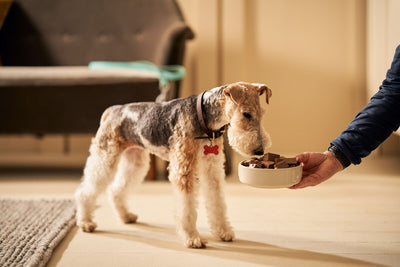As pet owners, we cherish the bond we have with our furry friends, but sometimes they surprise us with behaviours that can leave us scratching our heads. One of the more puzzling habits many dogs exhibit is coprophagia, or the act of eating poop. While it may seem shocking, this behaviour is actually quite common among dogs. Understanding why it occurs and how to address it is vital for both your pet's health and your peace of mind.

Reasons Why Dogs Eat Poop
Behavioural Reasons
Many dogs, especially puppies, explore the world with their mouths. For them, curiosity can lead to some odd choices, like munching on faeces. Additionally, some dogs may engage in this behaviour to seek attention from their owners. If a dog notices that eating poop elicits a strong reaction, they might do it more often, despite the negative attention. Lastly, dogs can learn this habit from other dogs, so if their canine companion indulges in this behaviour, they may mimic it.
Nutritional Deficiencies
A dog's diet plays a significant role in their overall behaviour. Sometimes, dogs may eat poop due to a lack of essential nutrients or an imbalanced diet. Conditions like malabsorption can also leave them feeling perpetually hungry, prompting them to seek out other sources of nutrients, including faeces.
Medical Conditions
Medical issues can sometimes lead to this unsettling behaviour. Parasites may increase a dog’s hunger, leading them to forage for food wherever they can find it. Other conditions, such as diabetes, Cushing's disease, or thyroid issues, can also contribute to coprophagia.
Environmental Factors
A dog’s environment greatly influences their behaviour. Stress or anxiety caused by changes in their surroundings, confinement in small spaces, or lack of mental and physical stimulation can all trigger coprophagia. Dogs that are bored or anxious might seek out unusual activities, including scavenging for faeces.
Dangers of Dogs Eating Poop
Health Risks
Eating poop poses several health risks for dogs. The transmission of parasites and bacteria is a significant concern, as is the potential for gastrointestinal issues like vomiting and diarrhoea. In some cases, if the stool contains medications or harmful substances, it can lead to toxicity. For more information on gastrointestinal problems, check out our guide on vomiting.
Behavioural Concerns
If left unaddressed, this habit can become ingrained, making it more challenging to break. It can also impact your dog's social interactions, not to mention the strain it may place on your relationship with your pet.

How to Stop Dogs from Eating Poop
Dietary Adjustments
The first step in addressing coprophagia often involves dietary changes. Ensuring your dog is on a balanced, nutrient-rich diet can make a world of difference. Consider switching to natural dog food that meets their nutritional needs. Additionally, consult your vet about possible supplements that might help address deficiencies.
Training Techniques
Training is another effective strategy to curb this behaviour. Use consistent, positive reinforcement to reward desired actions, and teach commands like "leave it" or "drop it." Supervised outdoor time can also help you monitor and correct the behaviour when it occurs. For fun ways to engage your dog, explore our dog training games.
Environmental Management
Keeping your garden clean and free of faeces is crucial in reducing opportunities for coprophagia. Consider using deterrents, like taste-aversion products, on stool to make it less appealing. Additionally, ensure your dog receives adequate exercise and mental stimulation to combat boredom. Engaging activities can include our recommended brain games for dogs.
Medical Interventions
If the behaviour persists, a visit to the vet is in order. They can help identify any underlying medical conditions that may be causing the problem. Depending on the diagnosis, medications or supplements may be necessary to address specific health issues.

When to Seek Professional Help
Persistent Behaviour
If your dog continues to eat poop despite your best efforts, it may be time to consult a professional. This behaviour could be indicative of a deeper issue that needs to be addressed.
Severe Health Concerns
If your dog shows signs of illness or adverse reactions after eating stool, or exhibits other concerning symptoms, don’t hesitate to reach out to your vet.
Conclusion
Understanding why dogs eat poop is the first step in addressing this behaviour. By identifying the root causes and implementing changes in diet, training, and environment, you can help your dog break the cycle of coprophagia. Remember, patience and persistence are key. If needed, don’t hesitate to seek professional advice.
For healthy treats and high-quality nutrition, check out our range of delicious dog treats and natural dog food. Your furry friend deserves the best!

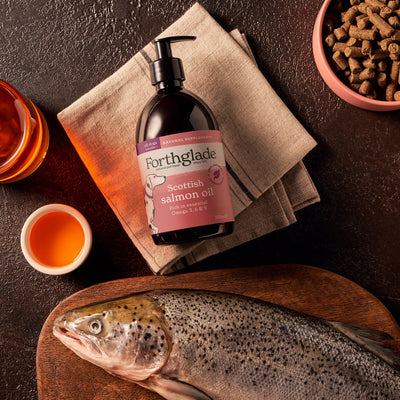


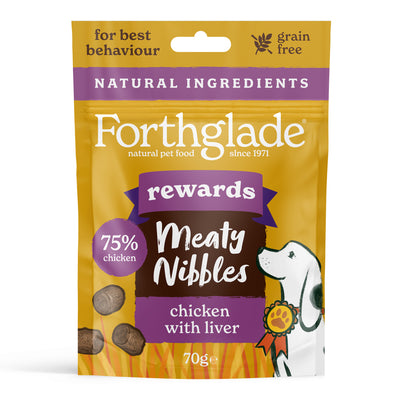
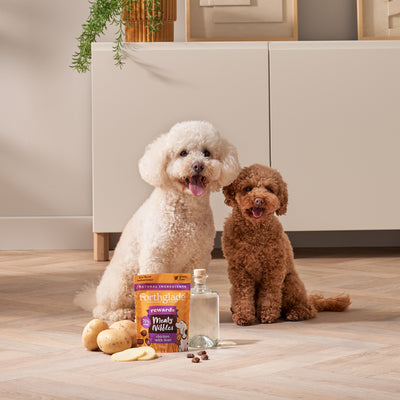






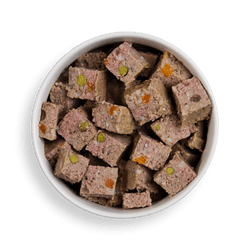

 Over 7,339 5* Reviews
Over 7,339 5* Reviews
 Established since 1971 - Made in Devon!
Established since 1971 - Made in Devon!
